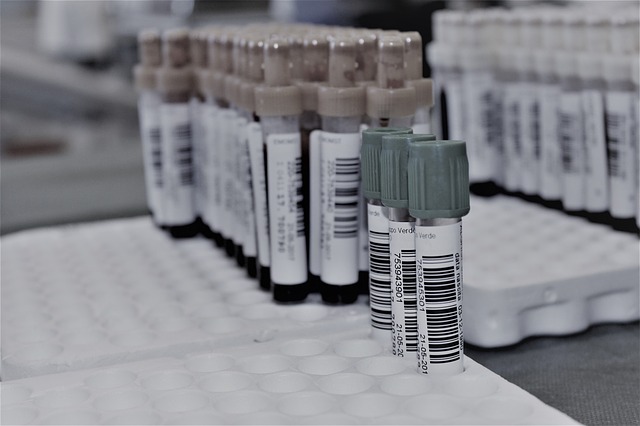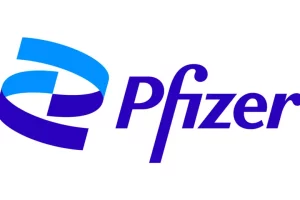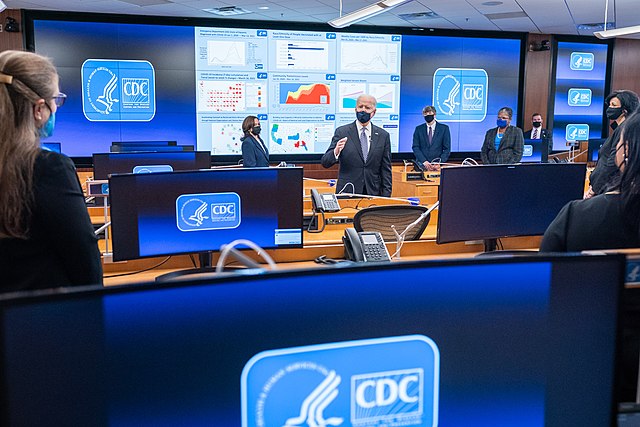
State and federal lawmakers criticized the world ‘s vast pharmaceutical industry Friday, which, they argue, breaches a law in blocking vulnerable people from accessing the medications they need to deal with chronic, sometimes life-threatening conditions. At the Community Health System Information and Technology Hub on Grand Lane, Sean Scanlon, D-Guilford, and Quentin Phipps, D-Middletown, as well as neighborhood and health care advocates;
After June, an increasing number of drug firms have indicated that they will withdraw discounts associated with 340B, the prescription drug pricing scheme used by federally licensed health centers and other health care providers. He said some drug makers threatened to block discounted drug sales because contract pharmacies are being used by health clinics and hospitals.
The 340B-covered entities which agree to dispense 340B of drugs to patients via contract pharmacy services,’ an agreement according to 340bpvp.com in which the 340B-covered entity signs a written contract with a pharmacy to provide pharmacy services. “Corporations have made dollars that we can not even imagine, and on the backs of the most needy, they want to do so.”
According to Blumenthal, some of the big drug manufacturers seek to prevent patients from obtaining safe medicines. “What’s going on here is yet another case of Big Pharma seeking to benefit at the detriment of our most vulnerable.”
Speakers requested that drug makers avoid unlawfully erecting barriers for patients under the drug-pricing scheme to purchase affordable prescription medications from federally licensed health care providers.
According to Blumenthal ‘s office, it allows drugmakers to give discounts on all ambulatory medications to federally licensed health care providers and other safety net providers that serve low-income patients. A increasing number of drug companies have been telling providers since June that they can withhold 340B discounts which enable low-income residents to access prescription drugs at affordable prices, his office said.
One problem concerned common insulin medications, said Kara Lewis, Community Health Center ‘s leader in clinical pharmacy.
Limiting access to the service may mean a difficult option for patients with hypertension , high cholesterol, depression, asthma , diabetes and other illnesses.
Among those fighting back are the National Association of Community Health Centres, 340B organisations, Lewis said. “This is the worst time possible to go after someone who wants to stay safe at a time when people are struggling to make ends meet,” Lewis said.
Americans are paying the world’s highest rates for medicines, Lesser said.
Kristen Whitman, local chapter leader of the T1 International Insulin4All campaign, spoke about her experience four years ago when she was unable to pay for diabetes medications. Her copay for health insurance was so huge, that it surpassed what she brought home.
“When I went to the pharmacy, I was confronted with a choice: if I could fill my insulin or pay rent, afford my food, whether I could even afford a car to go on going to work,” she said.
“I tried everything at that time and I mean everything that is open to diabetics to get insulin at an reasonable rate.” Whitman was finally able to take part in a community health center’s 340B program. “We don’t have to give Connecticut people one more thing to think about at a time when we are still concerned about a hell of a lot of things.”
He has advised pharmaceutical companies to “stop putting money on people.”
“Why violate the law to prevent the poor from getting the medication they need? “Asked Blumenthal. These medications are not much of a luxury or comfort.

Carl Riedel is an experienced writer focused on using Open Source Intelligence (OSINT) to produce insightful articles. Passionate about free speech, he leverages OSINT to delve into public data, crafting stories that illuminate underreported issues, enriching public discourse with perspectives often overlooked by mainstream media.




